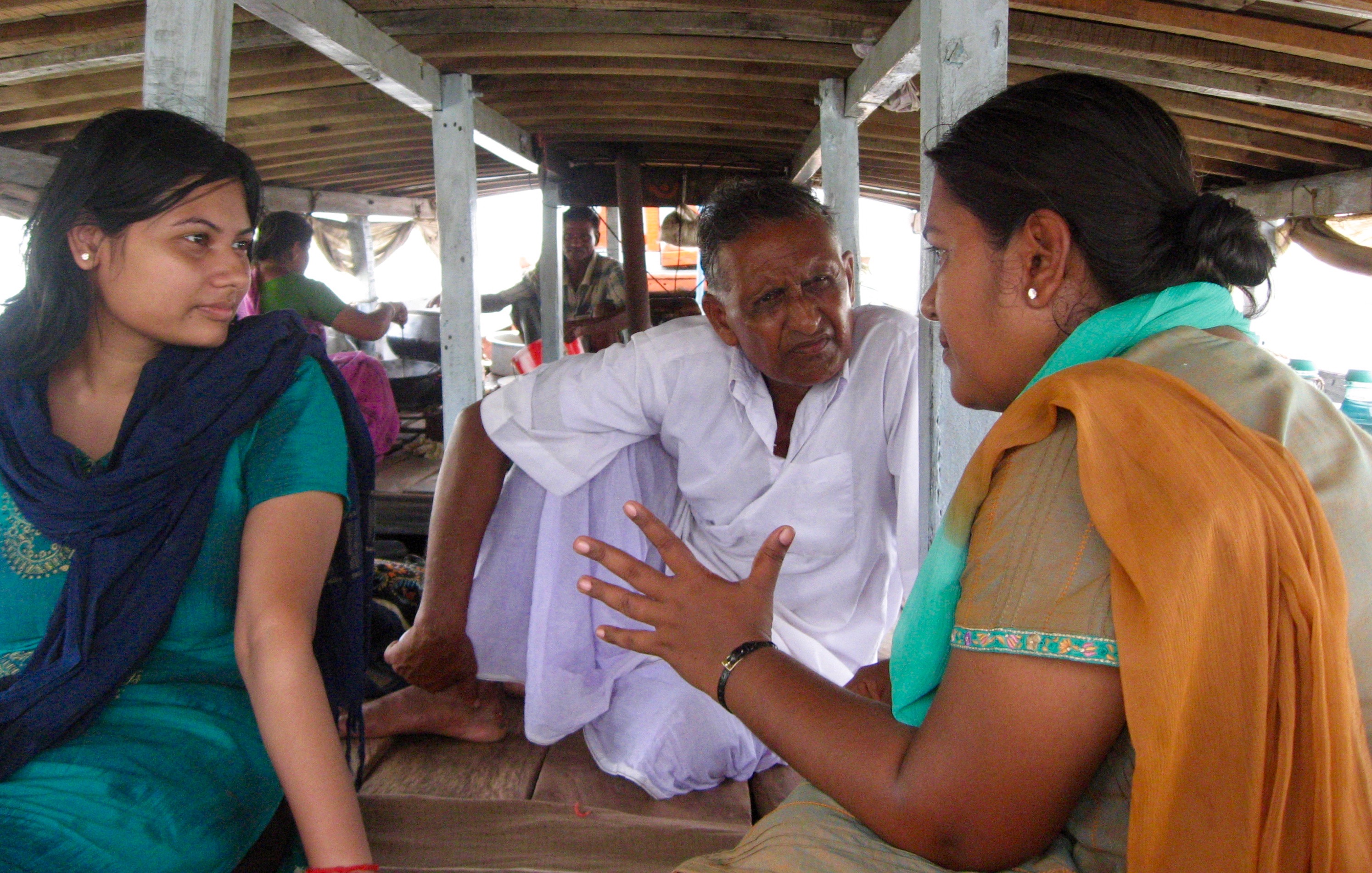By Kristen Wendt
We are pleased to introduce Debolina Banerjee, Sage's Climate Justice Policy Analyst!
Debolina's work at Sage includes research-based analysis of climate policies, campaign support on climate justice issues, and building power within Sage’s local and statewide climate coalitions.
She has research experience in transit-oriented development, the environmental impacts of unorganized industries and project management for real estate development. In addition, Debolina has extensive experience working with grassroots activists and marginalized communities in India organizing for social justice around food, sustainable agriculture, clean environment, community development and women’s empowerment.
Before joining Puget Sound Sage, Debolina was with InterIm CDA researching the impact of the receding affordable housing stock and increasing risk of displacement faced by the immigrant and refugee communities of Seattle’s International District. She holds a Master's degree in Applied Environmental Studies in Planning from the University of Waterloo and a Master’s Degree in City Planning from the Indian Institute of Technology.
Debolina can be reached at debolina@pugetsoundsage.org or 206-568-5000 x18. Please join us in welcoming Debolina to our Sage community!
- The Puget Sound Sage team
StaffSpotlight
How did you first get involved with Puget Sound Sage?
I was a SouthCORE member through InterIm CDA and used to attend the meetings with Leslie, InterIm CDA's Real Estate Development Director.
What was your first impression of Puget Sound Sage?
My first impression about Sage was that it is a unique organization deeply rooted in social justice and equity that creatively blends community participation, organizing, research and advocacy to work towards sustainable solutions for communities in Seattle and King County.
What does climate justice mean to you?
Growing up in India, I’ve experienced both sides of climate and environmental issues. On one hand, communities have immense traditional knowledge of living with nature, yet on the other hand, new practices and lifestyles in the name of ‘development’ are moving away from it with little regard to the impacts. Being in the architecture and planning field, I’ve also witnessed the impacts of development and have come to believe that any planning policy has a direct impact on both people and the environment.
In most cases, it is the most vulnerable communities who face the brunt of such decisions – whether it’s the marginalized farm workers in delta islands reeling from a natural disaster, or large village communities under threat of displacement due to environmental impacts from the construction of dams, or survivors of toxic gas leakage fighting to hold corporations accountable for the clean-up of toxic soil and ground water – everybody has an equal right to fair involvement in the decision making process, and a right to protection against environmental crises, irrespective of their income, race, nationality, gender or any form of discrimination.
Describe a recent traveling experience.
My husband and I share a love for travel and food. Last year we took a break from work, dropped off the radar and went on an unplanned two week-long trip along the West Coast. From gasping at the fiery pink veil-like sunset on Half Dome, to chasing the clouds and moonrise near Lassen, to dancing with street performers in Los Angeles, to laughing with the elephant seals in Big Sur, to catching sun-rays through gigantic trees in the Redwood forests – it was, to date, one of the most diverse, adventurous and fascinating trips I’ve had.
What might someone be surprised to know about you?
Sometimes while traveling, my photographic memory kicks in and I remember every turn of the road, every corner store, landscape, and conversation that took place at that time. So the next time I visit or pass by that place - even years later - I can navigate even without a GPS.

